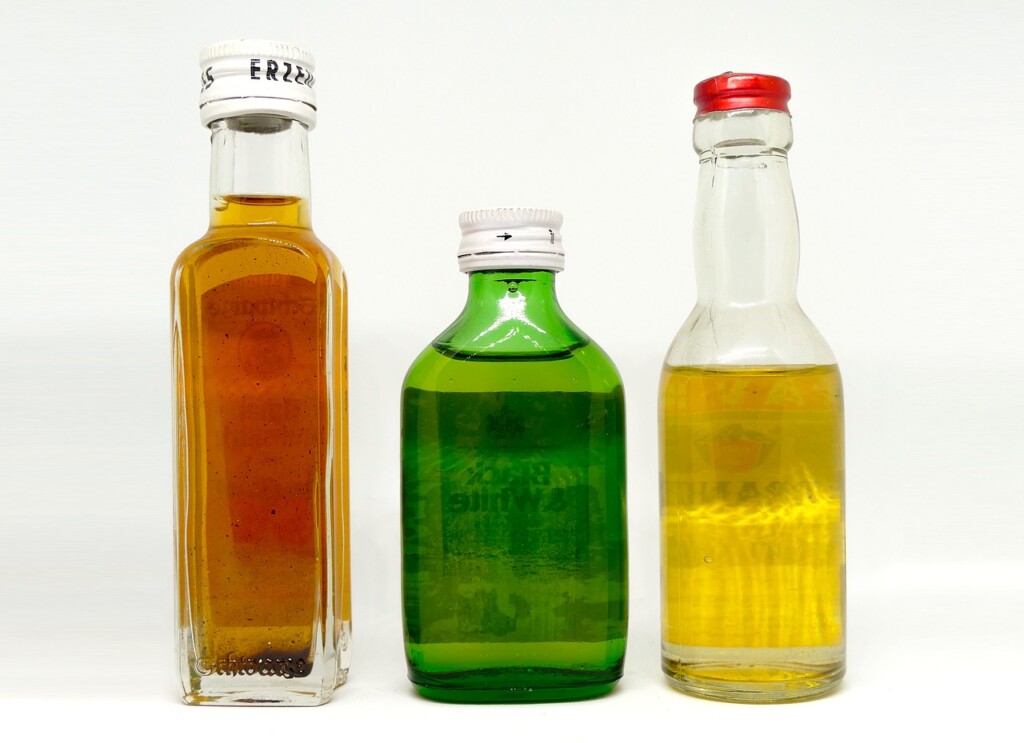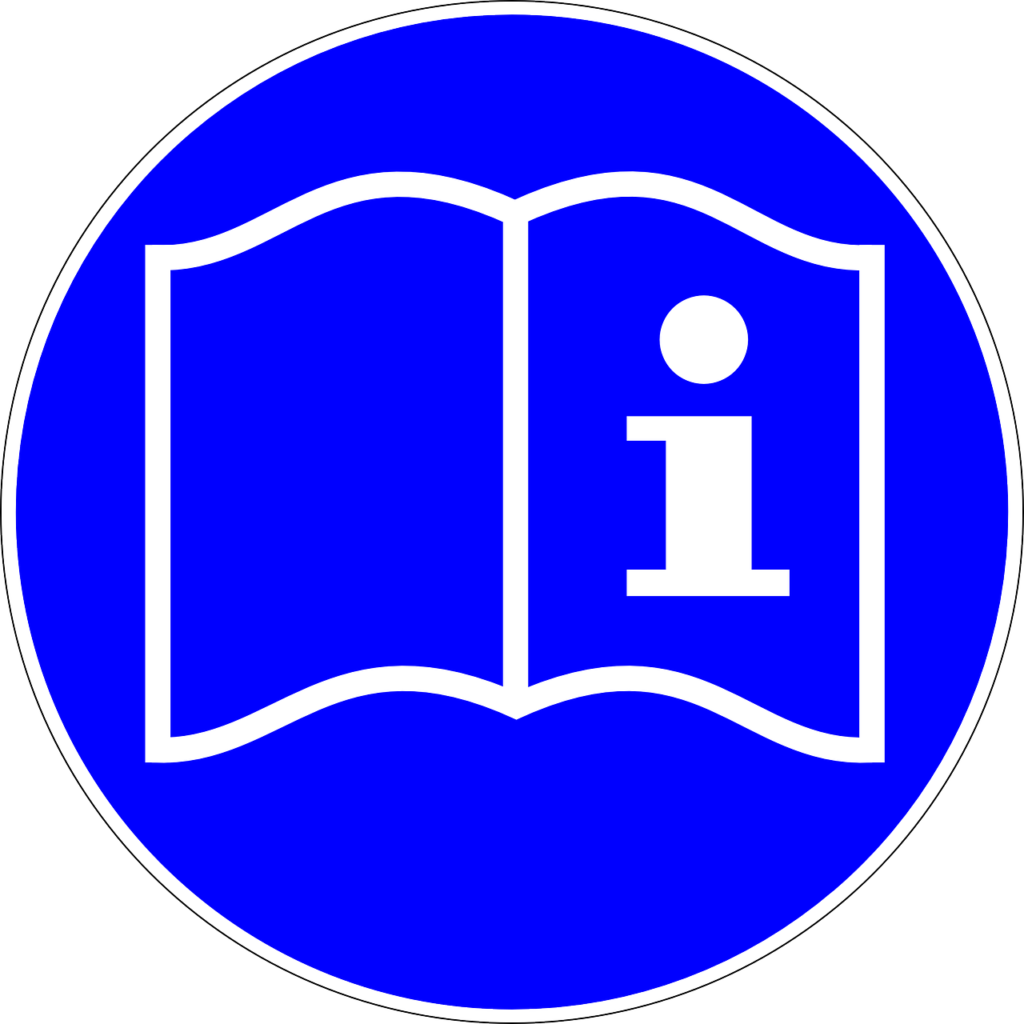The SOIVRE (Official Service for Inspection, Surveillance, and Regulation of Exports) is a quality control service under the Ministry of Industry, Trade, and Tourism, aimed at ensuring compliance with regulations in foreign trade operations.
A Bit of History
The origin of this foreign trade quality control system dates back to the early 20th century when orange exports, on which the Spanish economy heavily depended, began to be inspected to ensure product quality.
Over time, the initial functions of SOIVRE, which were limited to quality control of oranges, expanded to include other tasks related to foreign trade of goods, both imported and exported.
Since the 1960s, SOIVRE inspectors have also been present in Spain’s permanent representations to the European Union in Brussels and to the WTO (World Trade Organization) and UNCTAD (United Nations Conference on Trade and Development) in Geneva.
SOIVRE Today
Currently, SOIVRE aims to ensure compliance with regulations and legislation in import and export operations of certain goods. Its functions are structured into four areas:
- Quality inspection of certain agri-food products. It controls compliance with legal requirements such as marketing standards, labeling, or additives. The complete list of agri-food products from third countries under SOIVRE’s jurisdiction is included in the annex of the Order PRE/3026/2003, of October 30. These include, among others, fruits, vegetables, oilseeds, live plants, and vegetable textile fibers.
- Inspection of certain imported organic agri-food products. Imported organic products are inspected to verify compliance with organic farming and labeling requirements.
- Safety inspection of certain imported industrial products. SOIVRE also verifies aspects such as labeling, the presence of hazardous chemicals, and other safety requirements to ensure consumer compliance with regulations. The controlled industrial products are listed in the annex of Royal Decree 330/2008 (amended by the Order 735/2010). Generally, these are goods derived from wood or vegetable textile fibers.
- Application of the CITES Convention. According to the Convention on International Trade in Endangered Species of Wild Fauna and Flora, SOIVRE inspects the entry of flora and fauna species to ensure they are not included in the convention. The control is conducted on live species as well as on skins, woods, and derivatives, such as manufactured goods or medicines.
Beyond inspections, SOIVRE ensures environmental protection and fair competition. In some cases, there are bilateral cooperation agreements with third countries, whereby the control of the goods at the origin is sufficient for certain imports.
Bull Importer works with producers and suppliers that meet quality and safety requirements for all products they export. Additionally, we handle the necessary procedures in customs clearance. It is most convenient to start the procedures before the arrival of the goods, which speeds up the process and avoids unnecessary delays.
The expert team at Bull Importer offers advice to its clients on the regulations governing the goods they wish to import.




